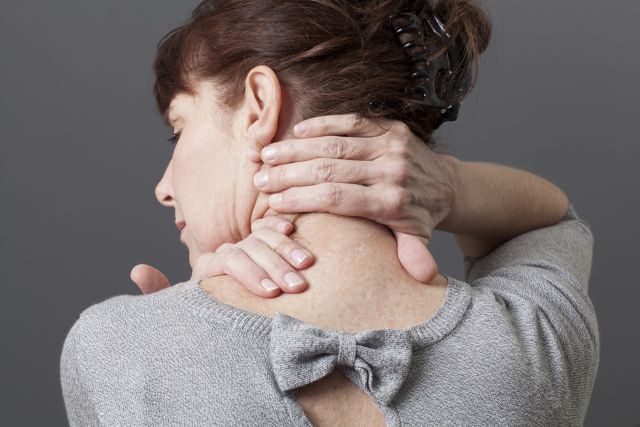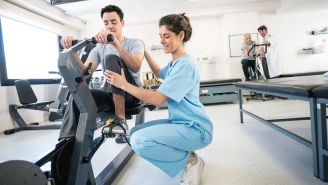Updated on August 13, 2024.
Heart disease is the leading cause of death in American women, killing about one woman every minute. But many women still miss or misinterpret the signs, which may be different from well-known symptoms such as pressure in the chest, shortness of breath, or pain or discomfort in the arms, shoulders, neck, or back.
Here's what to know about less-obvious heart attack symptoms that often show up in women.
Understanding lesser-known heart attack symptoms
For women and men, chest pain is the most common heart attack symptom. Other symptoms that aren’t sex-specific include:
- Pressure, squeezing, or tightness in the center of the chest
- Pain or discomfort in one or both arms, or in the back, neck, jaw, or stomach
- Pain that starts in one part of the body and spreads to another, such as from the chest to the left arm or left side of the jaw (also known as radiating pain)
- Fatigue
- Feeling sweaty and cold
- A sensation of indigestion or heartburn
Women, however, are more likely than men to experience certain different heart attack symptoms, such as:
- Nausea or vomiting
- A feeling of pressure in the upper back
- Pressure or pain in the lower chest or upper belly
- Dizziness, lightheadedness, or fainting
Why heart attack signs in women may be misinterpreted
Many heart attack symptoms that women tend to experience are more diffuse and less specific than the chest than symptoms often experienced by men. Some experts also believe that women are able to tolerate pain better than men. This can mean that women may be having a heart attack but may ignore or downplay the symptoms.
Other reasons that women might miss or ignore heart attack symptoms include:
- Believing they could never have a heart attack
- Assuming it’s something else like acid reflux or the flu
- Being used to functioning while feeling unwell
What’s more, according to the American Heart Association, women may report heart attack signs but still face misdiagnosis from healthcare providers (HCPs).
What to do if you suspect a heart attack
If you experience signs of a heart attack, dial 911 before you do anything else. Calling immediately could save your life.
Do not take aspirin on your own and wait for pain relief. Although aspirin is not enough to treat a heart attack, the 911 operator may recommend you take an aspirin or the emergency medical technicians or emergency department HCPs may give it to you.
Heart attack risk factors
People who have a family history of heart disease are at an increased risk for a heart attack. Other heart-attack risk factors include:
- Sex: Men are more likely than women to have heart attacks.
- Age: Risk increases for women after age 55 and for men after age 45.
- Health conditions: Obesity, high blood pressure, high levels of cholesterol (a fat-like substance in the blood), diabetes (high blood sugar levels), and autoimmune diseases like lupus and rheumatoid arthritis can all raise heart attack risk.
You can’t change many of the major heart attack risk factors. But the good news is that lifestyle changes can lower your risk.
How you can prevent heart attacks
Exercises like walking, tai chi, yoga, biking, swimming, and water aerobics have been proven to boost heart health. The Centers for Disease Control and Prevention (CDC) recommends doing some form of moderate-intensity physical activity that keeps your heart rate up for at least 30 minutes, five days a week, if you are able to do so.
Other ways to help prevent heart attacks include taking these steps:
- If you smoke, quit.
- Eat a heart-healthy diet rich in fruits, vegetables, and whole grains and low in salt and saturated fat. (Saturated fat is the kind that tends to be solid at room temperature, like butter or lard.)
- Work on lowering your stress levels.
- Maintain healthy cholesterol and blood sugar levels.
You can’t always predict a heart attack. But you can be prepared by knowing your risk factors, nurturing your health, understanding that heart attack symptoms aren’t always obvious, and being attentive to how you feel. Always be prepared to advocate for yourself if you think your HCP is not taking your symptoms seriously.







